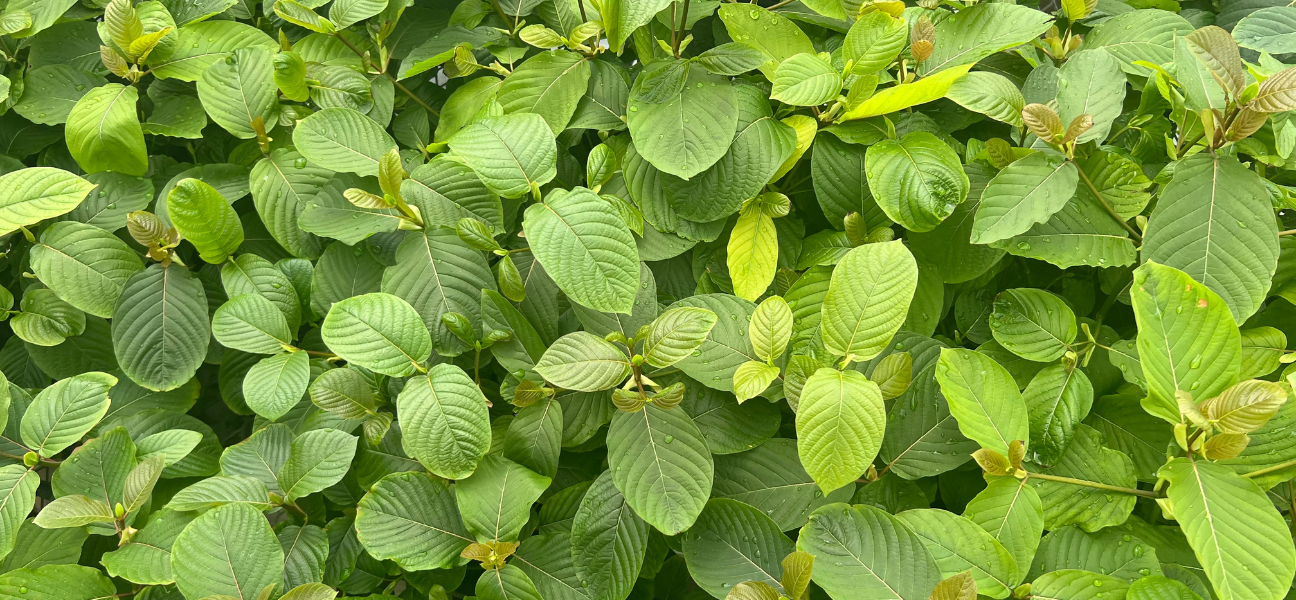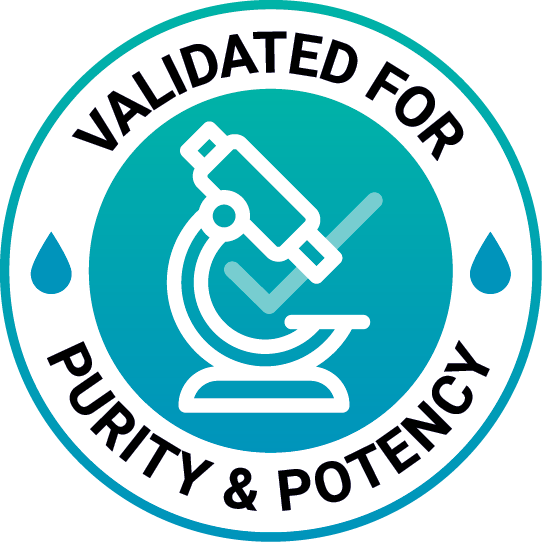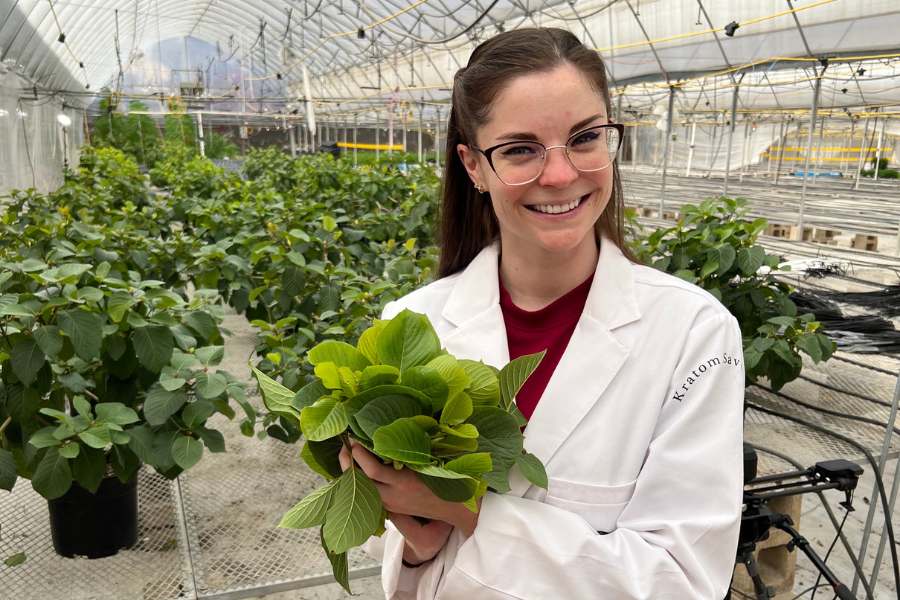FIND YOUR LAB TEST CERTIFICATES
Search For Your Product's Certificates of Analysis

HOW TO FIND MY HARVEST LOT NUMBER
When you flip any ETHA Natural Botanicals package over to the back, you will notice a Blend number. Use this number in the Harvest Lot Number search field above to find your lab test certificates with results on quality and alkaloid content.
Certificate of Analysis (COA) Results Interpretation
While companies claim lab testing, no one does it like ETHA. Properly reading a Certificate of Analysis (COA) for kratom is crucial for safety, quality, and efficacy. No matter where you choose to purchase your kratom, use the information below to understand and interpret kratom COAs.
Kratom Potency: Alkaloids
Current kratom regulations only require potency testing for Mitragynine and 7-Hydroxymitragynine. However, mitragynine has several isomers, additional important alkaloids that are similar in chemical structure to mitragynine. These isomers have different pharmacokinetics effects related to kratom’s varied benefits. Additionally if labs do not specifically test for these isomers, mitragynine potency may be overstated.
FOR ACCURATE POTENCY, LOOK FOR:
• Mitragynine
• 7-Hydroxymitragynine
• Speciociliatine
• Speciogynine
• Paynantheine
• Isorhynchophylline
• Mitraphylline
Kratom Leaf: Suggested Limits
STEC & Salmonella spp.: Negative
Shiga toxin-producing E. coli: Negative
Aerobic Plate Count: < 100,000 - 500,000 CFU/g
Yeast/Mold: < 10,000 - 100,000 CFU/g
(except for fermented strains which can be higher)
Coliform Enumeration: < 2,000 - 10,000 CFU/g
S. aureus Enumeration: < 100 CFU/g
HEAVY METALS
Total daily consumption:
Arsenic: < 1.0 mg/kg
Cadmium: < 0.41 mg/kg
Lead: < 1.0 mg/kg
Mercury: < 0.20 mg/kg
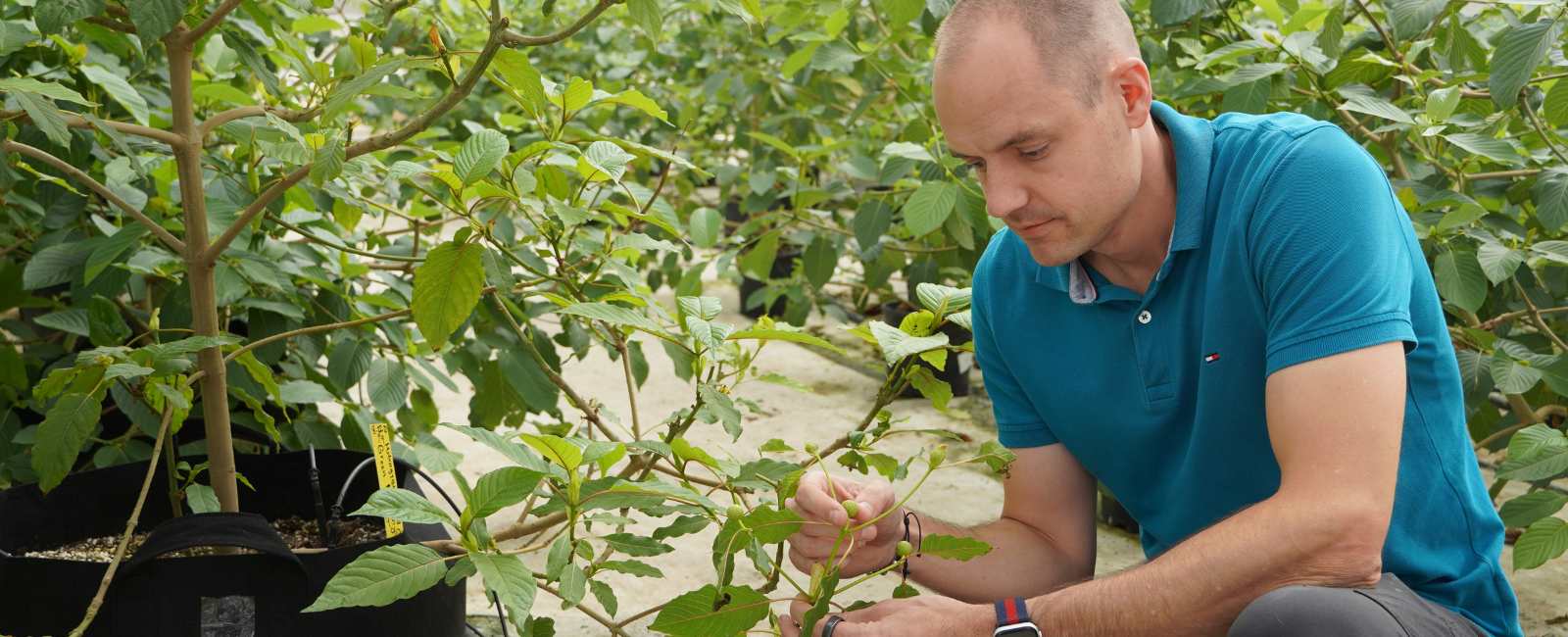
ETHA LAB TESTING
SHARING KNOWLEDGE
“One of our core values is that open and objective communication is critical in building trust. That is why ETHA publishes lab test results on each product we sell and on our website. We also share research that comes out of our ETHA Labs and our greenhouses. By supporting scientific progress, we hope people have the information to better manage their health and wellness.”
Co-Founder, Alexander Karp
100% validated products
We guarantee kratom purity, origin, process and production of the highest standards.
ETHA LABS
With over 40 years of combined R&D experience at Fortune 50 companies, we’ve been applying our expertise to kratom product development and testing—continually refining our strategies, processes, and techniques.
Our R&D team never stops pushing itself and will continue to lead the industry in open and objective communication. Our team works harder and smarter so you can have the peace of mind you need to LIVE FULLY!

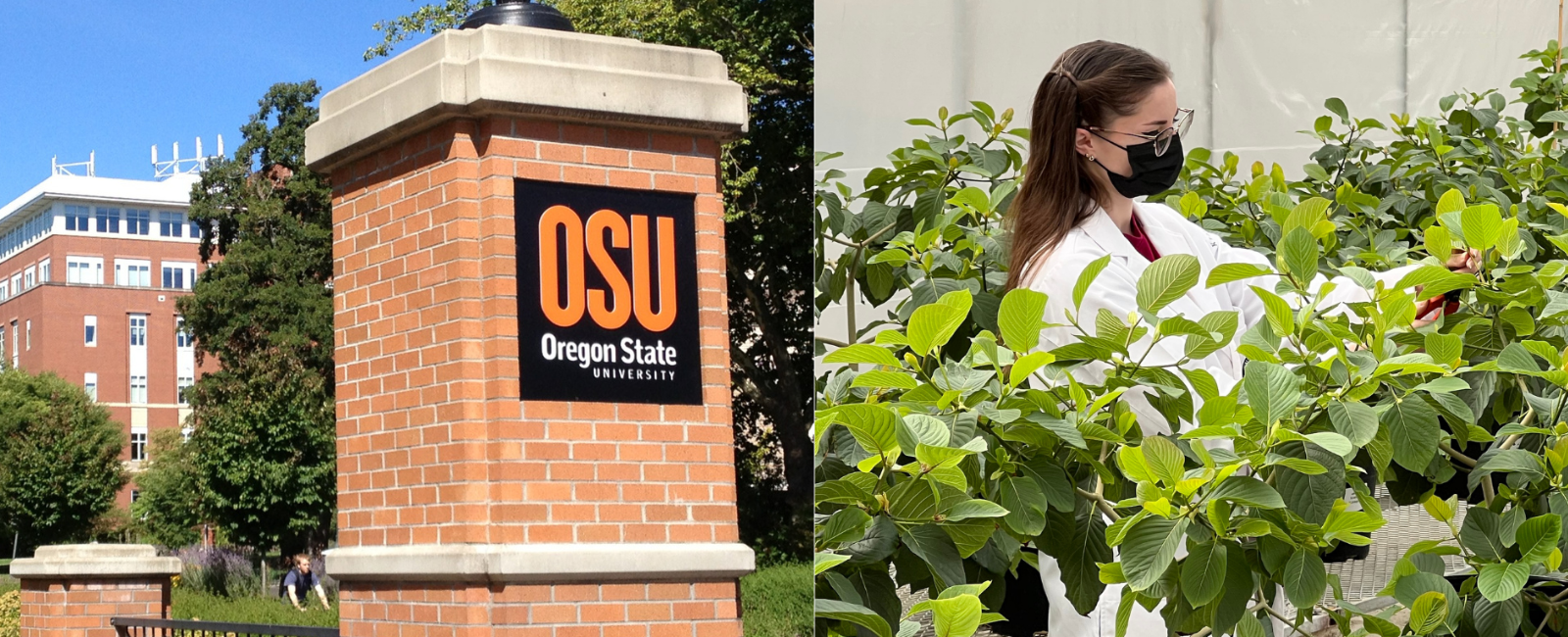
Collaborations
360-degree, Complete Testing
At ETHA Labs, we use well-established laboratory procedures to test our botanicals in-house. We also partner with universities like Oregon State University and 3rd-party, independent laboratories to provide confidence and transparency in our botanical analysis.
While companies claim lab testing, no one does it like ETHA.
GROWING KNOWLEDGE
We understand the importance of horticulture as it sheds light on a plant's medicinal potential. That's why we grow Kratom in our ETHA Labs Greenhouse.
Plant morphology can vary tremendously: soil conditions, amount of sunlight, frequency of available water, natural fertilization, pollution levels, and even what is living within the soil.
Additional factors, such as how kratom is harvested and pruned impact how the plant develops, matures, and what bio-active alkaloids are produced.





